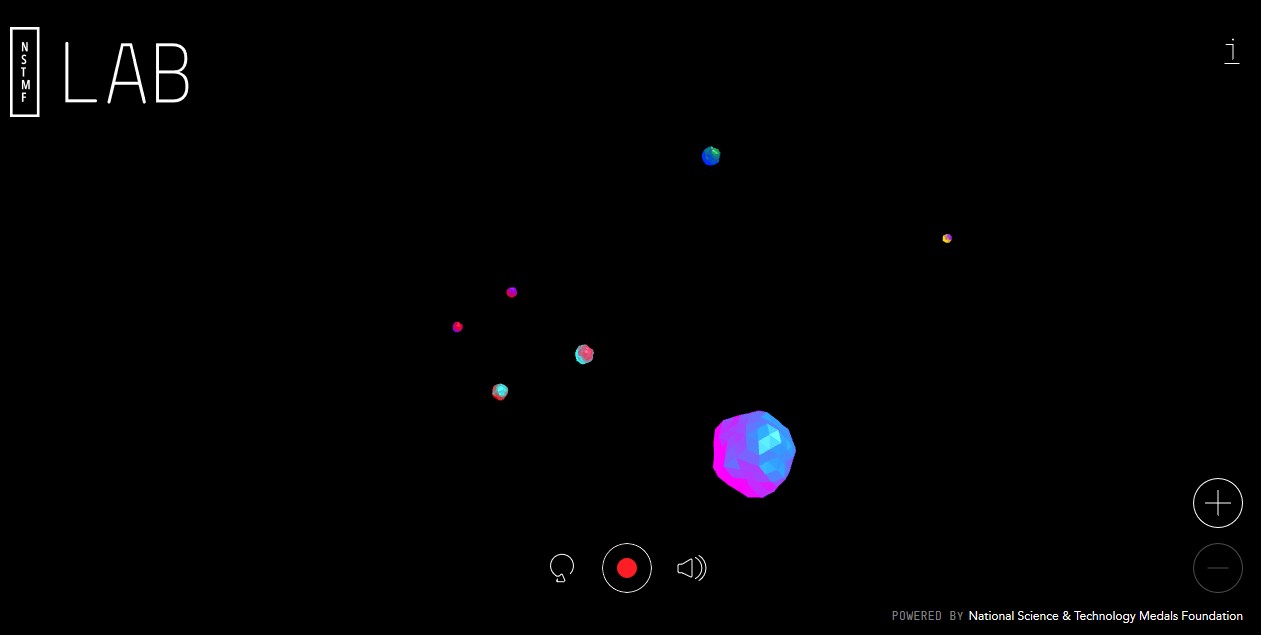Do you want to create more or less massive objects in a Universe simulator? Precisely, the online game Gravity offers this kind of experience via browsers w eb. Beyond the fun aspect of the game, the creators want to give users concepts related to gravity.
In the United States, the National Science and Technology Medals Foundation (NSTMF) aims to build inclusive communities dedicated to science but also to technology or mathematics. This foundation recently launched Gravity, a little online game allowing users to act as a kind of deity.
Indeed, it is a question of making various more or less massive objects appear in the void of the space. . The user then quickly realizes that depending on the size of the objects, the interactions and trajectories vary. For example, a binary system can form, that is to say two objects, the smaller of which is placed in orbit around the larger one.

Through this experience, the NSTMF wishes to inculcate knowledge related to gravity. In this universe, a particular event is always accompanied by explanations. For example, consider the fact that two celestial bodies of different masses have distinct effects on spacetime. However, when spacetime is distorted due to the presence of a massive object, there may be a influence on the trajectory smaller objects. In addition, the user can have fun creating hyper massive objects and generating a black hole.
Gravity works on all web browsers. For the NSTMF, the game is an interesting way to keep in mind that gravity is also about everything not on Earth . Let us quote for example the planets, the moons and other galaxies, whose structuring also depends on gravity. Let's talk about black holes again:they are so massive that photons can disappear inside them if they pass too close!
Gravity is an important concept in many researches, especially with regard to extraterrestrial life . In February 2020, Michael Hippke of the Sonneberg Observatory (Germany) explained that if extraterrestrials exist, they could have serious problems leaving their planet. The interested party recalled that most of the exoplanets already discovered are heavier and larger than the Earth (super-Earth). However, in the case of a planet with twice the radius of our Earth, its mass could be ten times greater and the gravitational attraction twice as high.